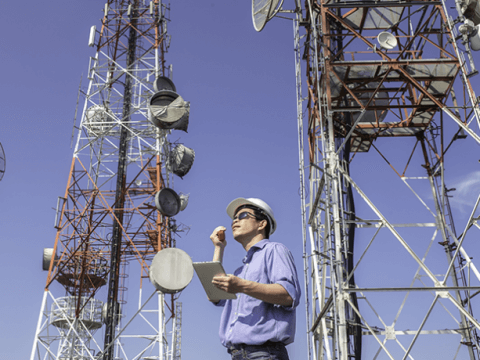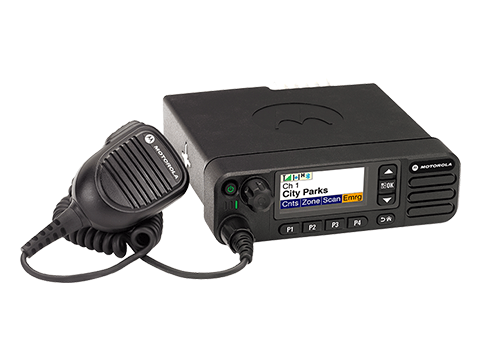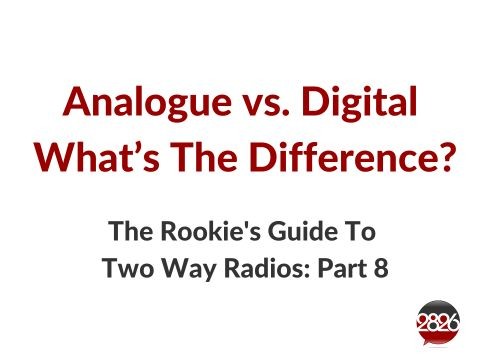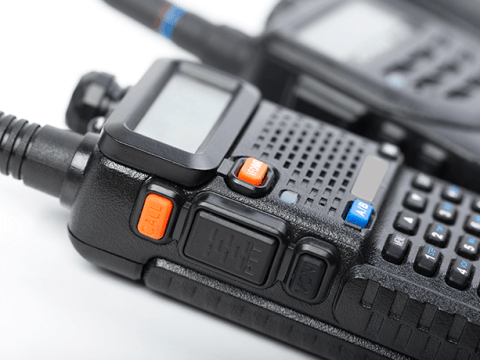The 2826 Rookie's Guide To Two Way Radios: Part 8
Analogue Radio vs Digital Radio. What’s The Difference?
What Are The Pitfalls and Advantages?
If you have read all of the information we’ve shared so far on two way radios, you probably have a rather good understanding now of how it works and why a radio system is used! But the ‘techy’ stuff? That’s the next one to cover off…
Radios are either analogue or digital. We’re sure you’ve heard of both. But what’s the difference and what are the advantages of each? Let us explain...
Analogue Radio
- Analogue is the ‘old fashioned’ and robust system that most of us (regardless of our field of work) have encountered at some point. An analogue system picks up audio signal from the transmission site along radio frequency waves called ‘carriers.’
- Using an analogue system normally means only one conversation can happen at a time. Analogue signals are poor when you get closer to the maximum range and at this point you may hear white static noise, crackling sounds, lower voice tones and the signal may drop out altogether.
Digital Radio
- A digital radio (or digital radio system/DMR) is much more reliable than analogue and the sound quality is hugely superior. Even at maximum range the sound will be clear if you choose digital.
- Digital radio can distinguish between background noise and can choose not to transmit this, making the overall conversation quality that much better. Digital radios have many extra features. Because of the nature of digital these features continue to develop and ensure that the system is future-proof and not easily outdated in functionality or feature terms.
Analogue vs. Digital - a quick comparison
|
|
Analogue |
Digital |
|
Easy to use |
✓ |
✓ |
|
Reliable and robust hardware |
✓ |
✓ |
|
Sound quality over long range |
Variable |
High |
|
Sound quality over short range |
High |
High |
|
General sound quality |
Variable |
High |
|
Ability to block out background noise during transmission |
✖ |
✓ |
|
Multiple conversations able to take place at once |
✖ |
✓ |
|
Additional features such as GPS, emergency features and text and data messaging (see ‘Features’ blog) |
✖ |
✓ |
|
Likelihood of obsolescence by 2031 |
✓ |
✖ |
|
Product availability in current market |
✓ |
✓ |
Find Out More
Contact us today to find out more about digital vs. analogue, and to find the right solution for you.
Related

Migrating from Analogue to Digital?
Over the last few years there has been a major change within the business two way radio industry, in that a new digital era has arrived.

DMR - Digital Mobile Radio
DMR is an international open digital radio standard developed around 7 years ago by the European Telecommunications Standards Institute (ETSI).



